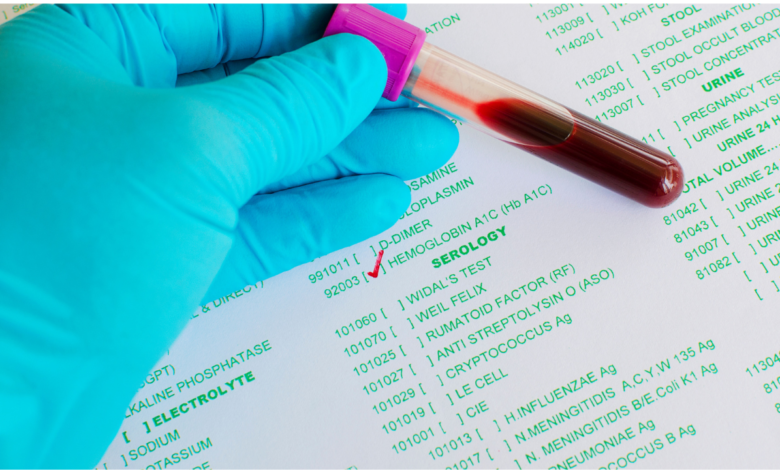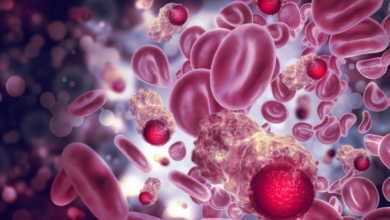UGT1A1 Testing (for irinotecan toxicity)

What is UGT1A1 Testing?
UGT1A1 testing is a genetic test used to determine a person’s sensitivity to irinotecan, a chemotherapy drug used to treat certain types of cancer, including colorectal cancer and small cell lung cancer. The UGT1A1 gene encodes an enzyme that metabolizes irinotecan. Variations in this gene can affect the rate at which the drug is broken down, which can influence the risk of developing severe side effects
Why UGT1A1 Testing is required?
UGT1A1 testing is essential for:
- Preventing severe side effects: Individuals with reduced UGT1A1 enzyme activity may be at a higher risk of developing severe diarrhea, which can lead to dehydration and electrolyte imbalances.
- Optimizing irinotecan dosage: By knowing a patient’s UGT1A1 status, healthcare providers can adjust the dosage of irinotecan to minimize the risk of side effects while maintaining therapeutic efficacy.
which are the method of UGT1A1 Testing?
UGT1A1 testing typically involves:
- Blood sample: A simple blood draw is taken from the patient.
- Genetic analysis: The DNA in the blood sample is analyzed to identify variations in the UGT1A1 gene.
- Interpretation: The results are interpreted to assess the patient’s risk of irinotecan toxicity.
who should go for UGT1A1 Testing?
Individuals considering treatment with irinotecan should undergo UGT1A1 testing, especially if:
- They have a family history of adverse reactions to irinotecan
- They have a history of liver problems
- They are taking other medications that may interact with irinotecan
What are the results of UGT1A1 Testing?
UGT1A1 testing results can be categorized into three main groups:
- Normal UGT1A1 activity: Patients with normal UGT1A1 activity can typically tolerate standard doses of irinotecan.
- Intermediate UGT1A1 activity: Patients with intermediate UGT1A1 activity may require a lower dose of irinotecan or more frequent monitoring for side effects.
- Low UGT1A1 activity: Patients with low UGT1A1 activity are at a high risk of severe diarrhea and may need to avoid irinotecan altogether.
What are the components of UGT1A1 Testing?
UGT1A1 testing primarily focuses on analyzing variations in the UGT1A1 gene, particularly the UGT1A1*28 variant. This variant is associated with reduced enzyme activity and increased risk of irinotecan toxicity. By identifying this variant, healthcare providers can better predict a patient’s response to irinotecan therapy and optimize treatment outcomes.





